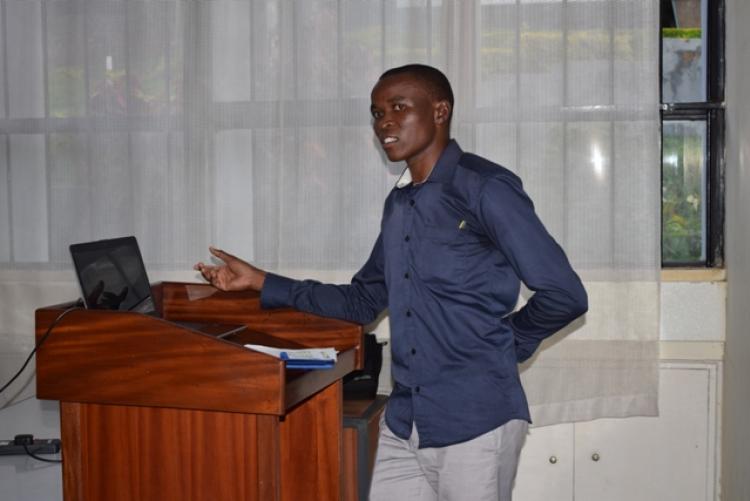Maize production is carried out by almost all rural households in East Africa owing to the fact that it is a staple crop in the region. Climate-smart technologies have in the recent years been introduced with the intention of improving maize production and ensuring both household and national food security and nutrition. The Push and Pull Technology is one of the interventions, introduced by ICIPE in reducing maize loss due to biotic factors. However, despite its success in other countries like Kenya, its impact in Rwanda has not been analyzed. The study, which will use secondary data from Rwanda will seek to assess the impact of this strategy on maize farmers and the factors influencing the intensity of adoption.
Maize is one of the food and commercial crop in Rwanda in terms of income generating activity to rural population. The production of the crop is however, severely constrained by both biotic and abiotic factors. Biotic factors specifically field pests namely fall armyworm (FAW) and Stemborer (SB) pests are ranked top in causing economic damages to maize production in Rwanda. Up to 23-50 percent of food supply in Rwanda is lost due to pest infestation. The control of FAW and SB pests is however primarily dependent on chemical pesticides application, ash, intercropping and soil whose technologies have shown ineffectiveness in combating the two pests. To respond to this challenge ICIPE introduced climate-smart push-pull technology (PPT) to reduce the yield losses and minimize incidences of pest resistance simultaneously.
- Log in to post comments

